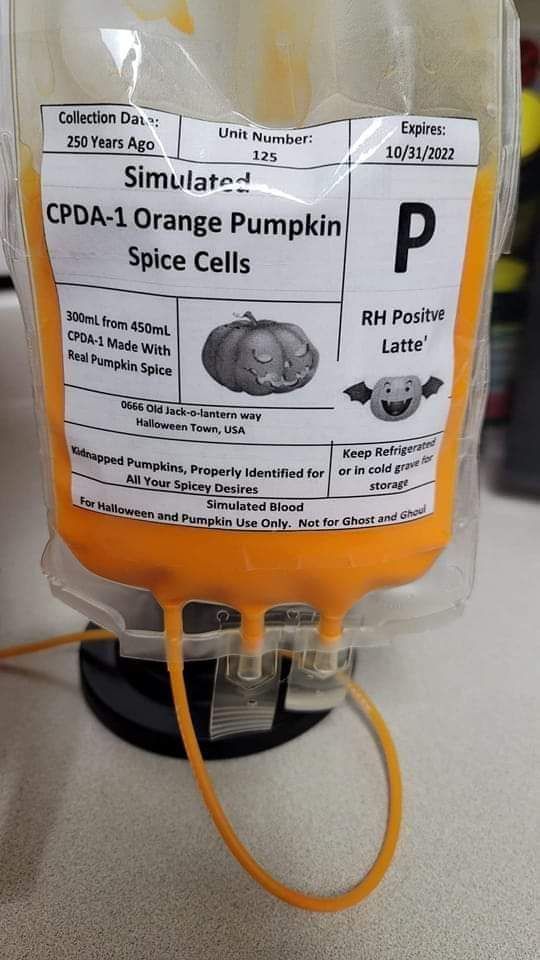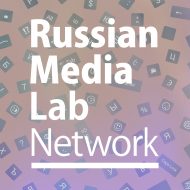In February Varvara Preter from Ben Gurion University of the Negev will present her on-going research on recent immigrants from Russia in Israel.
Online talk will be organized in Zoom February, 14 from 12:00 to 13:30 (Helsinki time). If you want to participate and get emails about the next online talks, please leave your contact information here until February, 13 noon: registration form. If you registered for Online talks or RMLN email list before, no need to register again, you will get the information.
 About the research: In October 2022, Russian-language Israeli public sphere was blown up by a “pumpkin latte” scandal. A recent immigrant from Russia posted in one of the biggest Russian-language Israeli Facebook groups a question about where she can to find a pumpkin latte in Israel. The innocent question opened avenue for a wide and wild discussion in social media on a new wave of immigration. Someone supported the author in her émigré difficulties, others perceived the question unacceptable in the context of what is happening in the woman’s home country (Russia), many perceived the question inappropriate in relation to the immigrant’s position in the host country (Israel). Pumpkin latte became a symbol of the new Russian middle class and its consumer culture and opened discussion of the moral aspects of the Russians’ immigration after 24 February 2022.
About the research: In October 2022, Russian-language Israeli public sphere was blown up by a “pumpkin latte” scandal. A recent immigrant from Russia posted in one of the biggest Russian-language Israeli Facebook groups a question about where she can to find a pumpkin latte in Israel. The innocent question opened avenue for a wide and wild discussion in social media on a new wave of immigration. Someone supported the author in her émigré difficulties, others perceived the question unacceptable in the context of what is happening in the woman’s home country (Russia), many perceived the question inappropriate in relation to the immigrant’s position in the host country (Israel). Pumpkin latte became a symbol of the new Russian middle class and its consumer culture and opened discussion of the moral aspects of the Russians’ immigration after 24 February 2022.
This case is not the first scandal in the Russian-language Israeli public sphere where different immigrant groups from former USSR clash. As our previous research shows, the basis for the tension between Russian-language immigrants is positioning of these groups both in relation to the home country and within the host country. After the Russia’s invasion of Ukraine, the number of immigrants from Russia increased, what exacerbated this tension further.
In this research we use digital ethnography to study the new immigrants from Russia in Israel. On the corpus of texts from social media we explore controversy of immigrant belongings, identities, political views, civil positions in home and host countries and in the transnational perspective. Based on Bourdieu’s class theory and Rene Girard’s concept of scapegoating, we investigate how different groups of Russian-language immigrants in Israel clash in this case and what is their social group positioning in this clash.
Speaker’s bio: Varvara Preter is a PhD student at Department of Sociology and Anthropology of Ben-Gurion University of the Negev. PhD thesis is “From Putin to Israel: Ethnography of new immigrants from Russia in Israel in 2010-2020s”. Before this PhD research, Preter has been studying Russian-language media where her expertise lies at the intersection of media ecology and user practices studies. She is the author of the monograph “In the center of a cyclone: Marshall McLuhan’s instruments of media environment analysis” (2023, in press) [in Russian].
Moderator: Olga Dovbysh (Helsinki University)
Online talk on Russian Media is a collaborative initiative between Russian Media Lab Network, University of Helsinki, and Tampere Research Center for Russian and Chinese Media.
Photo by Theo Crazzolara on Unsplash

